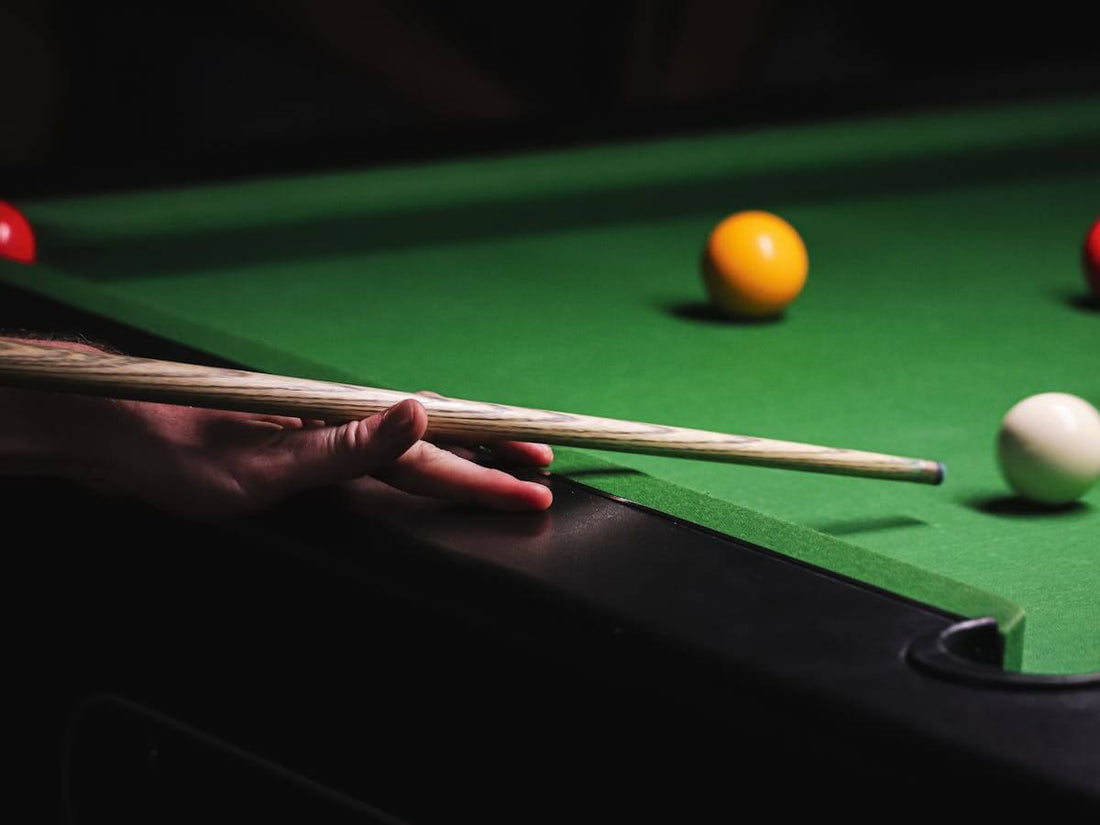
Snooker and Sports Psychology: Lessons from the Crucible
Share
The Snooker World Championship is trending, and there’s no better time to talk about the hidden force behind every cue strike: mindset. As a sports psychology consultant, I’ve seen how pressure, focus, and mental endurance can make or break even the most seasoned athlete. And nowhere is that clearer than the iconic Crucible Theatre.
The Psychology of Snooker
Snooker isn’t just a physical sport – it’s one of the most psychologically demanding. Players must sustain razor-sharp concentration for hours in total silence. Fatigue builds. One slip can cost a frame. Unlike fast-paced sports, snooker punishes distraction and rewards stillness.
Ronnie O’Sullivan and Mental Fatigue
Ronnie O’Sullivan recently admitted, “I’ve lost my instinctiveness and it’s scary” (Sky Sports, 2025). For someone often dubbed the greatest of all time, this speaks volumes. Athletes at every level experience dips in confidence, sharpness, and motivation. Mental routines, self-talk, and recovery matter just as much as technique.
The Crucible Effect
The Crucible Theatre is more than just a venue – it’s a pressure cooker. Its legacy creates expectation. Performers feel the eyes not just of the crowd, but of history. This kind of psychological weight can impact decision-making, timing, and composure.
Focus Tools You Can Use
Whether you're a snooker player or a professional under pressure, here are tools you can start using:
-
Cue rituals – Create pre-performance routines to ground your mindset.
-
Breathwork and visualisation – Simple, coachable, effective – and backed by research.
-
Mental resets – Techniques I use with clients to stop one mistake becoming a spiral.
Need a Mental Edge?
